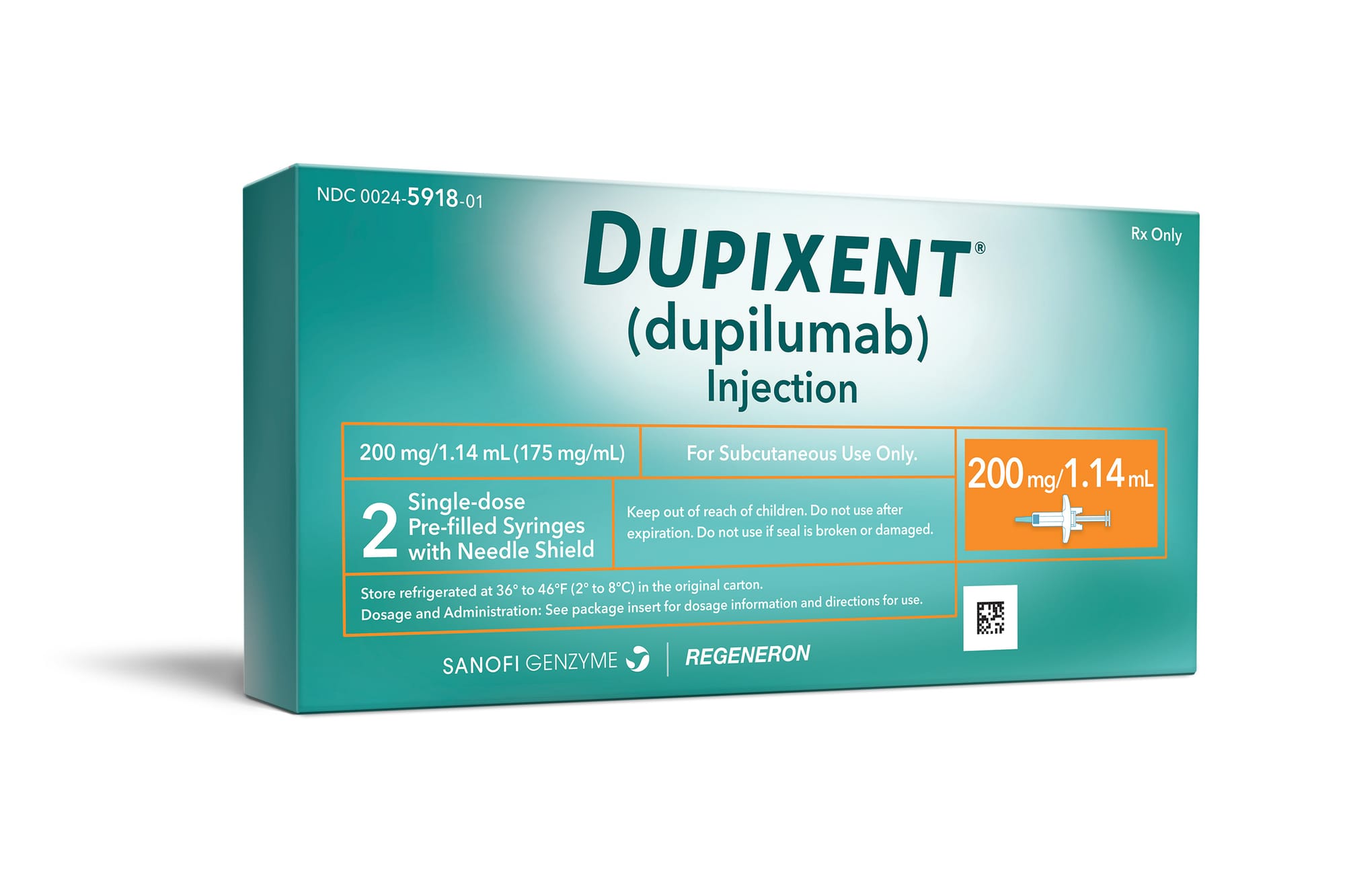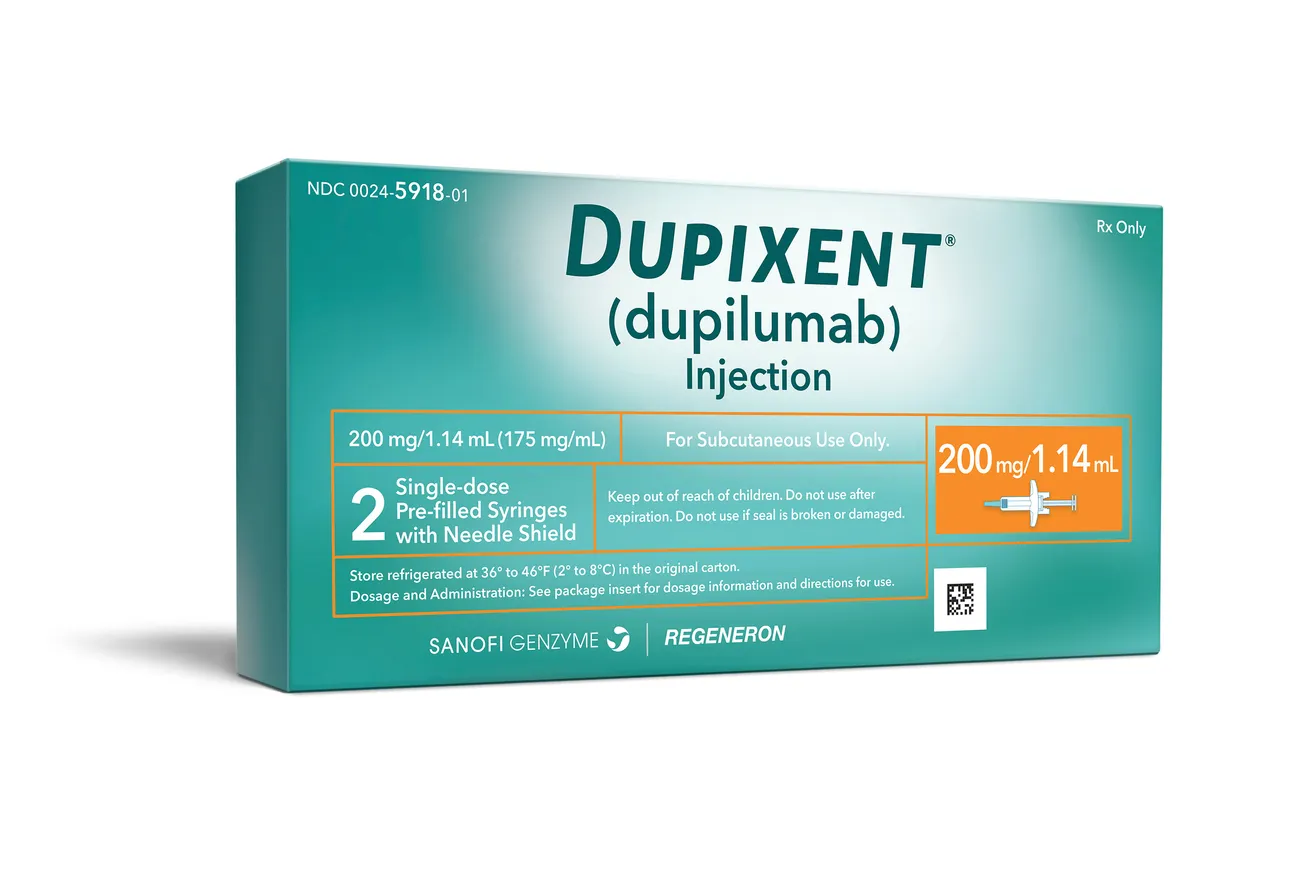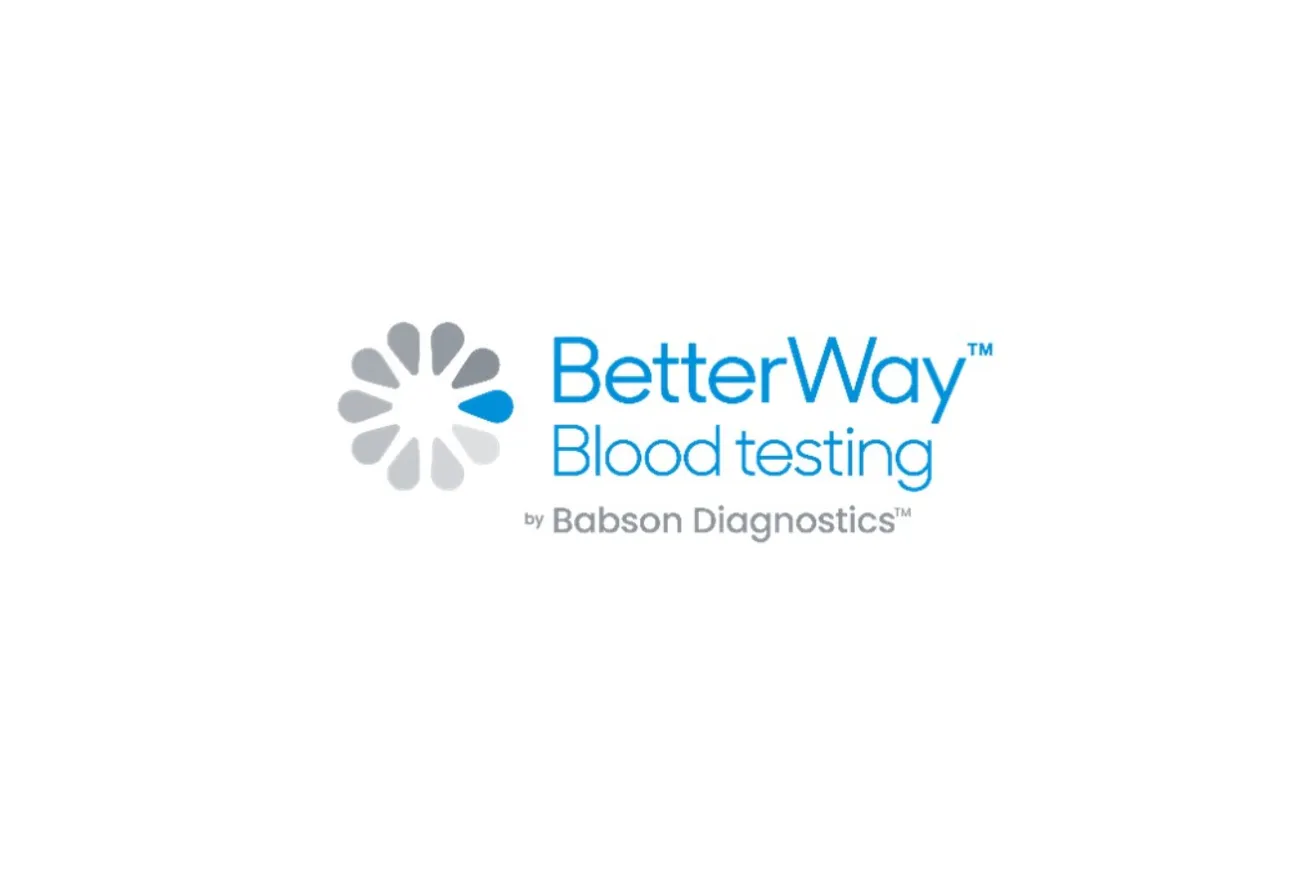TARRYTOWN, N.Y. and PARIS — Regeneron Pharmaceuticals, Inc. and Sanofi today announced the U.S. Food and Drug Administration has approved Dupixent (dupilumab) as an add-on maintenance therapy in patients with moderate-to-severe asthma aged 12 years and older with an eosinophilic phenotype or with oral corticosteroid-dependent asthma.

Dupixent inhibits the overactive signaling of interleukin-4 (IL-4) and interleukin-13 (IL-13), two key proteins that contribute to the Type 2 inflammation that may underlie moderate-to-severe asthma. This effect is associated with the reduction of inflammatory biomarkers
including fractional exhaled nitric oxide (FeNO), immunoglobulin E (IgE) and eotaxin-3 (CCL26).
“Dupixent is now approved in the U.S. for two important groups of uncontrolled asthma patients – those who are moderate-to-severe with an eosinophilic phenotype or those with oral corticosteroid-dependent asthma,” said George Yancopoulos, president and chief scientific officer of Regeneron. “In the asthma clinical trial program, Dupixent reduced severe exacerbations and oral corticosteroid use, improved quality of life and showed statistically significant and clinically meaningful improvements in lung function. Following the approvals in atopic dermatitis and asthma, and recently announced positive Phase 3 results in chronic rhinosinusitis with nasal polyps, we are committed to advancing our broad development program in additional Type 2 inflammatory diseases.”
“Today’s approval marks a significant development for certain people with moderate-to-severe asthma aged 12 years and older. For patients dependent on oral corticosteroids, Dupixent improved lung function, reduced oral corticosteroid use and reduced exacerbations regardless of baseline eosinophil levels,” said Olivier Brandicourt, chief executive officer, Sanofi. “Despite the spectrum of treatments for asthma, there continues to be an unmet need for so many patients with moderate-to-severe asthma, and given that Dupixent works differently than other biologics, there is now a new treatment option for some of these patients. Dupixent has already made a difference for many adults with atopic dermatitis, and we now have the opportunity to do the same for certain adults and adolescents with moderate-to-severe asthma in the U.S.”









